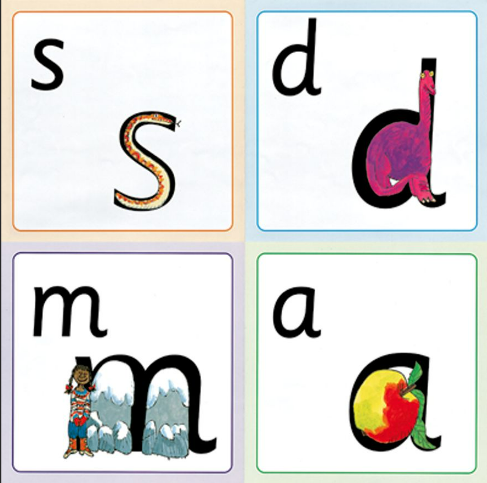Phonics
At Bentley High Street Primary School, we are determined that every pupil will learn to read, regardless of their background, needs or abilities. We aim to ensure that all pupils, including the weakest readers, make sufficient progress to meet or exceed age-related expectations.
Bentley High Street Primary School follows the Read Write Inc. scheme. This programme matches the expectations of the National Curriculum. Teaching follows termly expectations for the teaching of GPC and word reading.
Leaders prioritise time to ensure that phonics teaching shows fidelity to the scheme and there is consistency across school. This is achieved through show-casing best practice sessions, regular professional development and opportunities for the reading lead to coach and team-teach alongside colleagues in school. Standards are carefully monitored.
Phonics Intent
We at Bentley High Street Primary school believe that reading is at the heart of our children’s education as it enables them to access a broad and balanced curriculum. We believe it is crucial to give children the skills to be independent, socially and academically, capable.
From the moment all pupils step into our school, they are taught reading through a variety of carefully planned approaches. All adults in our school generate passion and nurture the love of reading through sharing books and rhymes which develops oracy and fluency.
Once children are in Foundation Stage they take part in a systematic phonics programme (Read, Write, Inc.) where they learn over forty sounds and many tricky words (common exception words). Their reading books are accurately matched to the phonics they are learning and are read with the idea that they are confident and enjoy showing off the success of their reading skills.
Children will begin the programme in Foundation and will remain on it until they pass the phonics screening check, or when they know all the sounds and are confident readers. Our aim is for most children to have completed the scheme by the end of Year 1, however some children will remain in Key Stage 2 if necessary.
Following the read, write, inc programme we support children in becoming competent in comprehension by delivering the read, write inc comprehsnion programme before children start our school reading curriculum. This programme uses the key teaching strategies in Read Write Inc. Phonics to maintain momentum and pupil progress. It also develops children's reading fluency and comprehension of fiction and non-fiction texts. Our ultimate aims for doing this is for the children to be able to learn and apply blending skills and to learn to segment words in order to be able to create skilled and confident readers and writers.
Within Key stage 2, children who are still identified as Early readers have access to read, write inc phonics. The school also identifies children for the Read Write Inc. Fresh Start catch-up and intervention programme this is for 9 to 13-year-olds still learning to read. It offers a simple but powerful solution to accelerate reading progress in just 25 minutes a day. It teaches students at their challenge point, so they learn to read accurately and fluently. They will also develop good comprehension, spelling and punctuation skills through targeted activities.
To build upon phonics knowledge, the school also teachers spelling following the Read Write Inc. Spelling. This teaches spelling cumulatively and systematically with deliberate, focused practice. It build upon the teaching strategies and spelling activities from Read Write Inc.
The scheme was developed by Ruth Miskin. More information about the programme can be found at www.ruthmiskinliteracy.com.
Lowest 20%- Catch up and Keep-up
The school carefully outlines the sounds that children should know each term. Assessment is used carefully to identify any children that fall behind. Intervention is then used to ensure children are building up gaps in knowledge. This is a prioritised aspect of the curriuclum and is managed closely by the reading lead
Same Day Intervention
Staff are also trained to become experts in assessment so that they can identify any child who begins to fall behind. Same day intervention is implemented to ensure that these children can have extra practise and keep-up with their peers.
Phonics Intervention Approach
Matching books to phonics sets
The sequence of reading books shows a cumulatice progression in phonics knowledge that is matched closely to the phonic's programme. Books are developed to support the programme.
Children are given sufficient practice in reading and re-reading books that match the grapheme-phoneme correspondances they know, both at school and at home.
Staff professional-development
All staff leading phonics have access to external training alongside internal training and support from the phonics lead. Across EYFS and Key Stage 1, there are weekly updates and reviews of phonics lessons. The school has access to the Read, Write Inc portal which showcases videos to support best practice. The reading lead has weekly protected time to monitor, coach and work alongside practioners in school.
Across Key Stage 2, staff are given annual training in Read, Write Inc approaches. Where there are children who are still identified as early readers, the phonics lead works closely with staff to ensure effective strategies are applied to support their reading development.
How to pronounce the sounds
Speed Sound Set 1
An official video from the RWI Channel on how to correctly pronounce the set 1 sounds. https://youtu.be/s6OiU2h3sUI
Resources
